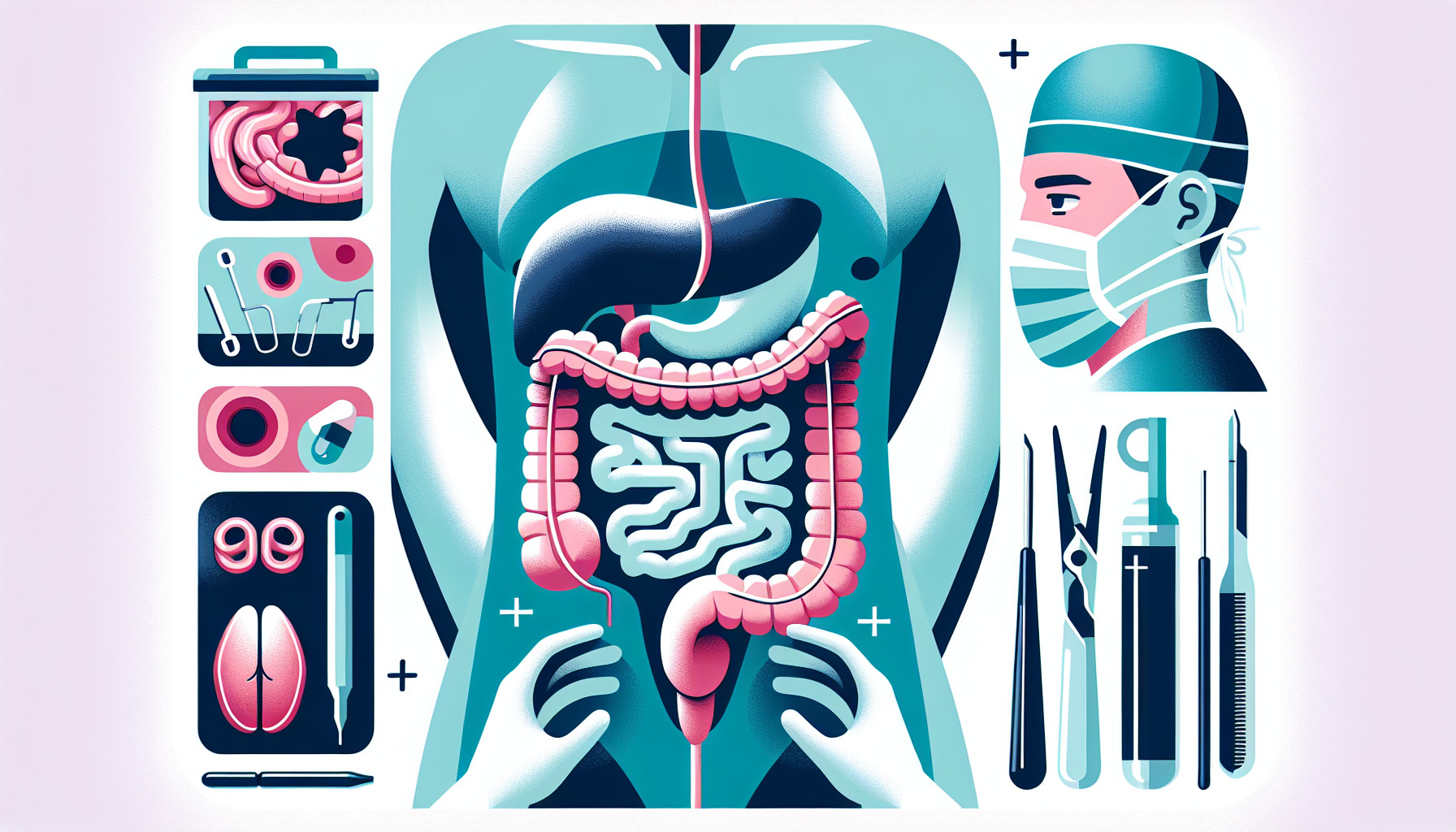Our Summary
This research paper talks about the process of organ transplantation and a complication that can arise from it, known as ischemia-reperfusion injury. This issue can have an impact on the success of the transplantation and the survival of the patient.
The paper focuses on the role of what’s called the “intestinal microecology” during transplantation. This term refers to the complex system of bacteria and other microorganisms that live in our intestines. These organisms play a vital role in our overall health, and changes to this system can have significant effects.
The researchers discuss how ischemia-reperfusion injury can affect this intestinal microecology, and how changes in the microecology can lead to further complications after an organ transplant. These complications can include infections and the body rejecting the transplanted organ.
The paper concludes by suggesting potential strategies for improving the outcomes of organ transplants, based on a review of existing research in this area. This could provide guidance for future research and help doctors in their practice.
FAQs
- What is the role of intestinal microecology in organ transplantation?
- How does ischemia-reperfusion injury affect the intestinal microecology and the outcome of organ transplants?
- What potential strategies are proposed to improve transplant outcomes in relation to intestinal microecology and ischemia-reperfusion injury?
Doctor’s Tip
One helpful tip a doctor might tell a patient about intestinal transplant is to closely follow post-transplant care instructions, including taking prescribed medications, attending follow-up appointments, and maintaining a healthy diet and lifestyle to support the health of the transplanted intestine. It is also important to promptly report any symptoms or changes in health to the transplant team to ensure early detection and treatment of any potential complications.
Suitable For
Patients who may be recommended for intestinal transplant typically have end-stage intestinal failure due to conditions such as short bowel syndrome, inflammatory bowel disease, or intestinal motility disorders. These patients may have severe malnutrition, dehydration, or life-threatening complications that cannot be managed with conventional therapies. Additionally, patients who have failed multiple treatments or have a poor quality of life despite medical management may also be considered for intestinal transplant. Ultimately, the decision for intestinal transplant is made on a case-by-case basis by a multidisciplinary team of healthcare providers.
Timeline
Before Intestinal Transplant:
- Patient is diagnosed with end-stage organ failure, which may be due to various reasons such as intestinal ischemia, inflammatory bowel disease, or other gastrointestinal disorders.
- Patient undergoes thorough evaluation to determine eligibility for transplant, including physical exams, imaging tests, and blood work.
- Patient is placed on a waiting list for a suitable donor intestine.
- Patient undergoes pre-transplant preparations, which may include dietary restrictions, medications, and psychological counseling.
- Patient receives the transplant surgery, which involves removing the diseased intestine and replacing it with a healthy donor intestine.
After Intestinal Transplant:
- Patient is closely monitored in the intensive care unit immediately after surgery for complications such as infection, rejection, or vascular complications.
- Patient is started on immunosuppressive medications to prevent rejection of the transplanted organ.
- Patient undergoes regular follow-up appointments with healthcare providers to monitor organ function and adjust medications as needed.
- Patient may experience complications such as infections, rejection, or gastrointestinal issues post-transplant, which require prompt treatment.
- Patient gradually resumes normal activities and may need ongoing support from healthcare providers, dietitians, and mental health professionals to manage the physical and emotional aspects of the transplant journey.
What to Ask Your Doctor
- What is the success rate of intestinal transplants?
- What are the potential risks and complications associated with intestinal transplantation?
- How does ischemia-reperfusion injury affect the outcome of intestinal transplantation?
- How does the intestinal microecology play a role in the success of intestinal transplants?
- What steps can be taken to minimize the risk of infection and rejection post-transplantation?
- Are there any specific dietary or lifestyle changes that should be made post-transplantation to support intestinal health?
- How often will follow-up appointments be necessary after an intestinal transplant?
- What is the long-term prognosis for patients who undergo an intestinal transplant?
- Are there any alternative treatments or therapies that can be considered for intestinal failure before resorting to transplantation?
- What can be done to optimize the overall health and well-being of a patient undergoing an intestinal transplant?
Reference
Authors: Lian YQ, Li PF, Guo Y, Tao YL, Liu YN, Liang ZY, Zhu SF. Journal: Front Immunol. 2024 Dec 6;15:1495394. doi: 10.3389/fimmu.2024.1495394. eCollection 2024. PMID: 39712022
